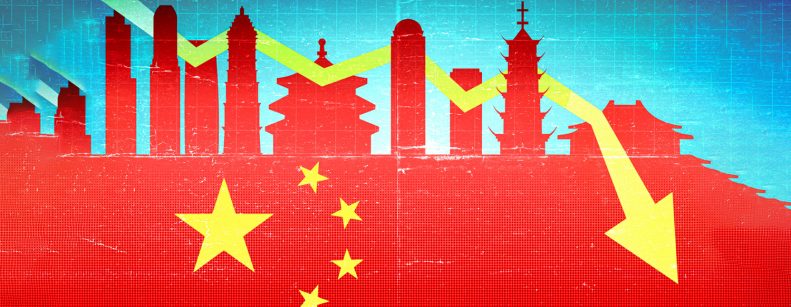
Inflation has been one of the main headaches for the world's economies. For China too, but in its case for the opposite reasons to those of the rest of the world: zero price increases (year-on-year inflation in China was zero in June) shows that the post-pandemic recovery of the Chinese economy has lost steam and that the Asian giant faces risks of deflation. the Asian giant is facing deflationary risks. The producer price index, which measures the average change in selling prices for local producers of goods and services, fell by 5.4% between July 2022 and June 2023.
The fall in the price of oil and other raw materials are among the reasons for the slump, but analysts agree that there is a problem of low demand. The problem, they point out, is that unlike 2009, when they faced a situation of deflation due to the global financial crisis, the Chinese government has little room for maneuver to stimulate demand, the Chinese government has little room for maneuver to stimulate consumption and the economy.. At that time it injected more than US$500 billion into the economy and relaxed the debt limits of provincial governments, which raised indebtedness to worrying levels. Today, with risks precisely because of the high levels of indebtedness in the economy, this strategy is limited.
The Chinese government has announced that it will implement targeted measures to revitalize demand, but without providing further details.. For now, the monetary authorities cut the interest rate on one-year and five-year prime loans in June, established tax exemptions for buyers of electric vehicles and issued measures to ease the credit pressure affecting the real estate sector.
This has impacted the price of copper, which has fallen by almost 10% in the last six months.